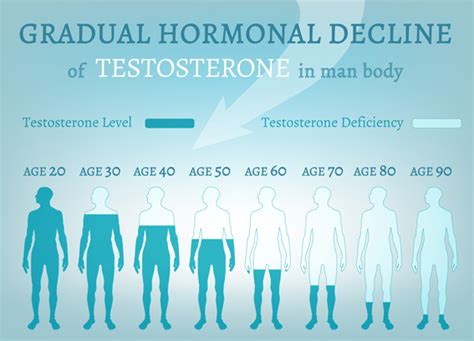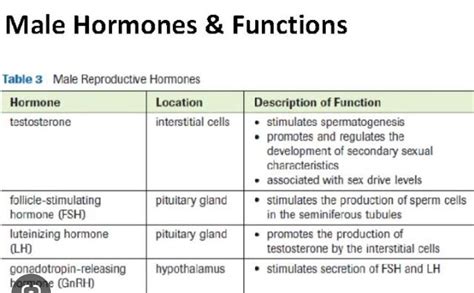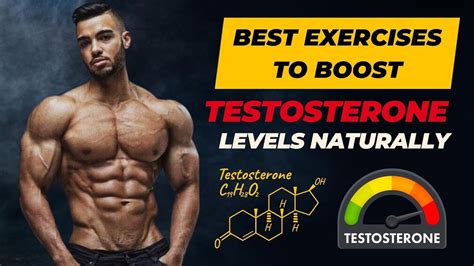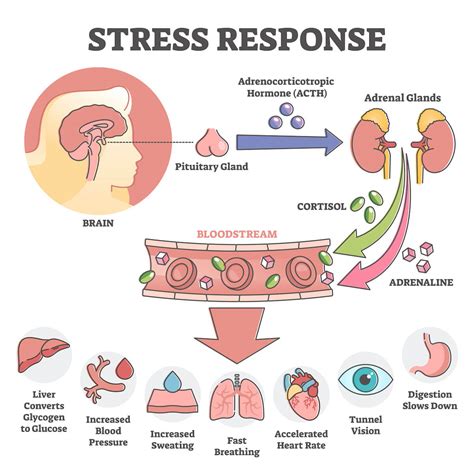Maximize male hormone levels naturally for muscle gain & performance?

Understanding Male Hormones and Their Vital Role
For men, optimal hormone levels, particularly testosterone, are foundational to physical prowess, mental acuity, and overall well-being. Testosterone is crucial for building muscle mass, maintaining bone density, boosting energy levels, and even supporting a healthy libido and mood. As men age, or due to certain lifestyle factors, these levels can dip, leading to reduced muscle gains, decreased performance, increased body fat, and fatigue. The good news is that many natural approaches can help optimize these essential hormones.
Instead of resorting to artificial methods, a holistic strategy focusing on diet, exercise, sleep, and stress reduction can provide sustainable benefits, helping you achieve peak physical condition and performance naturally.

Nutritional Strategies for Hormone Optimization
What you eat plays a direct and significant role in your hormone production. Focusing on nutrient-dense foods is key.
- Healthy Fats: Cholesterol, often demonized, is a precursor to testosterone. Healthy fats from sources like avocados, nuts, seeds, olive oil, and fatty fish (salmon, mackerel) are crucial. Don’t shy away from healthy fats; they are essential for hormone synthesis.
- Quality Protein: Adequate protein intake (lean meats, poultry, fish, eggs, legumes, whey) supports muscle growth and recovery, which indirectly aids in maintaining healthy hormone levels. Aim for about 0.7-1 gram of protein per pound of body weight.
- Micronutrients: Zinc and Vitamin D are particularly important. Zinc can be found in oysters, red meat, and pumpkin seeds, while Vitamin D is synthesized from sun exposure and found in fortified foods or supplements. Magnesium (dark leafy greens, nuts) also plays a role in testosterone regulation.
- Limit Sugars and Processed Foods: High sugar intake can lead to insulin resistance and increased body fat, both of which can negatively impact testosterone levels. Focus on whole, unprocessed foods.

Exercise Regimens That Boost Testosterone
The right type of exercise can be a powerful natural testosterone booster, while overtraining can have the opposite effect.
- Strength Training: Compound movements like squats, deadlifts, bench presses, and rows, which engage large muscle groups, are highly effective. Aim for moderate to heavy weights with fewer repetitions (e.g., 3-5 sets of 5-8 reps) to stimulate optimal hormone response.
- High-Intensity Interval Training (HIIT): Short bursts of intense exercise followed by brief recovery periods can significantly increase growth hormone and testosterone. Examples include sprinting, burpees, or cycling intervals.
- Avoid Overtraining: Chronic, exhaustive cardio or excessive training without adequate recovery can elevate cortisol (a stress hormone) and suppress testosterone. Listen to your body and prioritize recovery.

The Critical Role of Sleep and Stress Management
These two often-overlooked factors are cornerstone to hormone health.
- Prioritize Quality Sleep: Most testosterone release occurs during sleep. Aim for 7-9 hours of high-quality, uninterrupted sleep per night. Poor sleep can drastically reduce testosterone levels. Establish a consistent sleep schedule, create a dark, cool, and quiet bedroom environment, and avoid screens before bed.
- Manage Stress: Chronic stress elevates cortisol levels. High cortisol directly suppresses testosterone production. Incorporate stress-reduction techniques into your daily routine, such as meditation, deep breathing exercises, yoga, spending time in nature, or engaging in hobbies you enjoy.

Lifestyle Tweaks for Sustained Hormone Health
Beyond diet, exercise, and sleep, several lifestyle adjustments can further support healthy male hormone levels.
- Maintain a Healthy Body Weight: Excess body fat, particularly around the abdomen, can convert testosterone into estrogen, lowering overall male hormone levels. Losing weight if you’re overweight or obese can significantly improve hormone balance.
- Limit Alcohol Consumption: Excessive alcohol intake can interfere with testosterone production and increase its conversion to estrogen. Moderate consumption is generally fine, but heavy drinking should be avoided.
- Avoid Endocrine Disruptors: Be mindful of exposure to chemicals found in plastics (BPA, phthalates), pesticides, and certain personal care products, as these can mimic hormones and disrupt your endocrine system.

Conclusion: A Holistic Approach to Peak Performance
Maximizing male hormone levels naturally is not about a single magic bullet, but rather a synergistic approach integrating various aspects of a healthy lifestyle. By consistently focusing on a nutrient-rich diet, effective strength training and HIIT, prioritizing sufficient quality sleep, and actively managing stress, you create an optimal environment for your body to produce and utilize its hormones efficiently. This holistic strategy will not only support greater muscle gain and enhanced athletic performance but also contribute to improved energy, mood, and overall vitality, paving the way for a healthier, stronger you.









